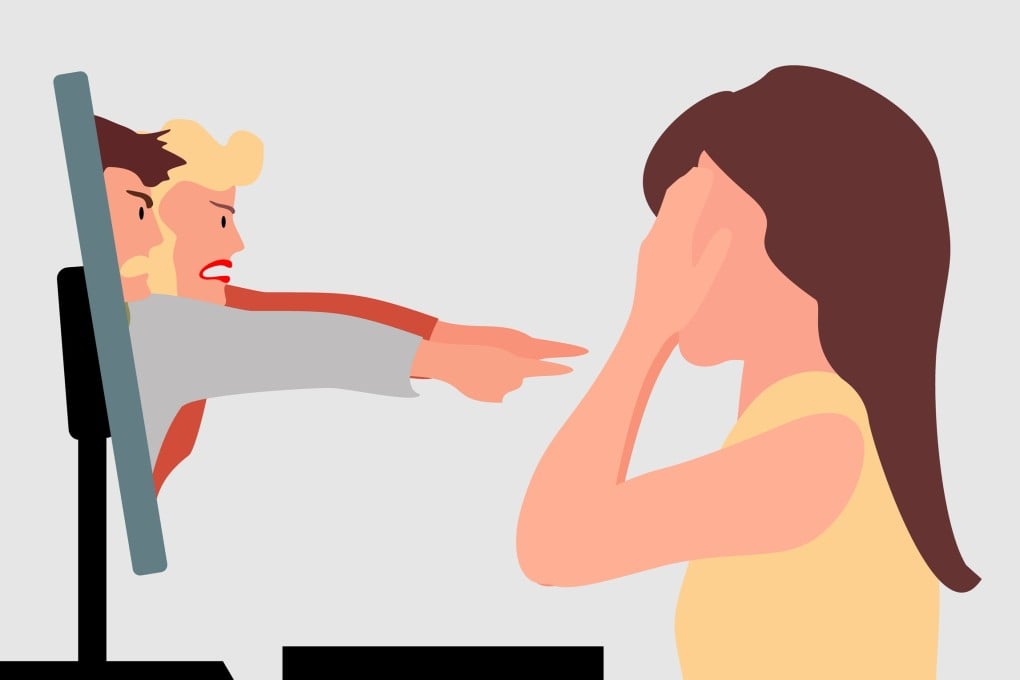Advertisement
Japan’s tougher cyberbullying laws prompted after Hana Kimura’s suicide sparks free speech debate
- On Thursday, a 22-year-old man indicted by Tokyo prosecutors was the first person to face the stiffer punishment for allegedly slanderous online comments
- The updated legislation does have its critics, with some saying the provisions of the law are too vague on what actually constitutes online slander or bullying
Reading Time:4 minutes
Why you can trust SCMP
1

Insulting someone on the internet could now land you in prison in Japan, as the country’s parliament amended laws imposing harsher penalties for online insults.
Legislation to toughen the existing penal code was passed by the Diet on Monday, with anyone convicted of using abusive language to insult a person in a public setting, including online, now facing up to one year behind bars or a fine of up to 300,000 yen (US$2,230).
Previously, a conviction for an online insult or accusation not based on fact could have led to a maximum prison term of 30 days or a fine of 10,000 yen (US$75).
Advertisement
On Thursday, a 22-year-old man indicted by Tokyo prosecutors was the first person to face the stiffer punishment for allegedly slanderous online comments.
Tokyo prosecutors have indicted the man, who has not been named but is from Aichi Prefecture in central Japan, for posting comments on social media that allegedly slandered Takuya Matsunaga, whose wife and young daughter were run down and killed by an elderly driver in Tokyo in 2019.
Advertisement
Advertisement
Select Voice
Choose your listening speed
Get through articles 2x faster
1.25x
250 WPM
Slow
Average
Fast
1.25x
